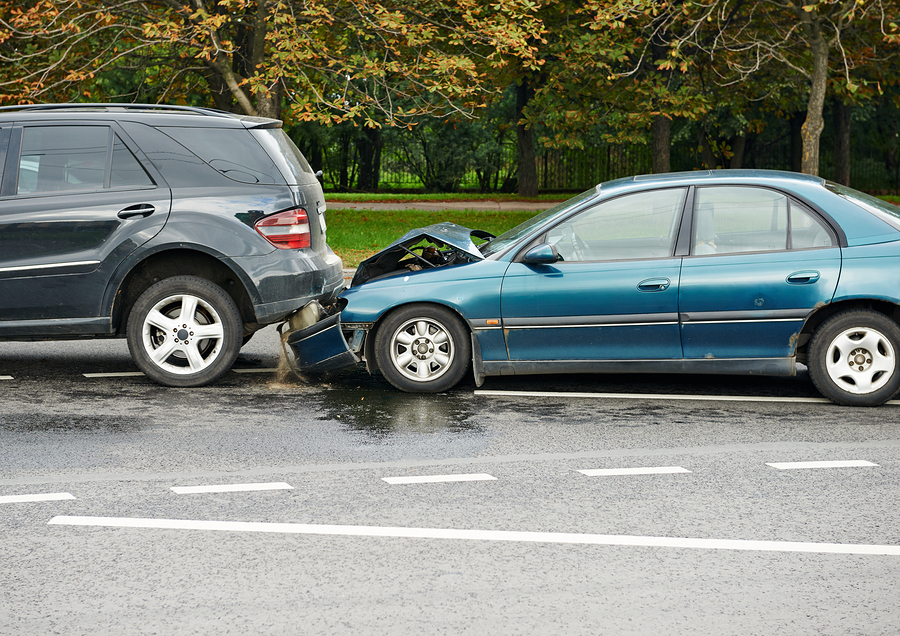What to Keep in Mind if You Have Suffered Traumatic Injuries
Falls and motor-vehicle crashes are the most common causes of those who have suffered traumatic injuries in the United States. Nearly 40% of patients discharged from Level 1 trauma centers have suffered either of the two. A question that is asked is it an accident or negligence?
Traumatic brain injury (TBI) alone results in approximately 230,000 hospitalizations a year. For 80,000 to 90,000 people the injury is so severe that they are placed on long-term disability. Another 40,000 hospitalizations are attributed to burn injuries while 30,000 traumatic amputations occur each year due to traffic, workplace, electrocution, and other types of serious accidents.
Behind each statistic is a story. Sometimes, a spur-of-the-moment decision can lead to a life-altering injury. Sometimes, the accident could have been prevented if someone else — whether that’s one or more individuals, a small business, or even a large corporation — had taken a different action. Oftentimes the severity and extent of the injury is not immediately clear, such as with internal injuries and concussions. Some accidents create legal liability. But how do you know when another party can be held legally responsible for an accident when a person has suffered traumatic injuries?
When can you sue?
To better understand your rights, let’s discuss “negligence.” This legal concept ultimately determines if the accident you or a loved one suffered can lead to a lawsuit.
What does it take to establish negligence for traumatic injuries?
Every state is different but the general principles are as follows: In order to have grounds for a negligence claim, you need to establish that the liable party owed you a duty of care, breached said duty, and caused you damages in the process. There are four elements needed to prove negligence:
1. Duty of care
This means every person is obligated by law to be careful or act reasonably. For example, when you drive a car, you have a duty to follow the rules of the road. If you own a building or property, it’s your duty to make sure it’s reasonably safe and free from hazards and dangerous defects. If you practice medicine, you have a duty to your patients to treat them in a careful manner and exercise the skills of a trained physician.
2. Breach of duty
Did you run a red light? Did you leave live wires exposed in your apartment building? Then you may be accused of breach of duty, which is a failure to act with reasonable care. Put differently, you have either done something that a reasonably careful person would not do — or you have failed to do something that a reasonably careful person would do.
3. Causation
Did the driver who ran a red light hit you? Then, you could establish that the failure to conform to the requisite duty of care caused you harm. In other words, if the breach of duty caused the accident, there will be legal liability. The causation doesn’t necessarily have to be direct; it can also be through proximate cause, which means the defendant was the primary cause of the injuries. For example, let’s say the defendant hit a telephone pole that fell on your house, causing the roof to cave in. If you were injured as a result, the defendant is the proximate cause.
4. Actual Loss or Damages
“Somebody could have been hurt” is not grounds for legal liability. As frightening as it is to experience a close call due to someone else’s behavior, a case for negligence must show the accident resulted in actual losses or damages. If you suffered an injury or other form of loss because of the defendant’s actions, you can prove negligence and seek compensation for the damages you suffered. A serious injury can further compound what you are owed.
The injury attorneys at Injury Smart Law specialize in a broad range of these types of cases. We work with independent experts to corroborate your damage claims and disprove counterclaims made by those at fault, ensuring that when you do file your lawsuit, you will have all the information needed to win, backed by attorneys who understand the complexities of Utah’s personal injury laws. Contact Injury Smart Law for a free consultation.


